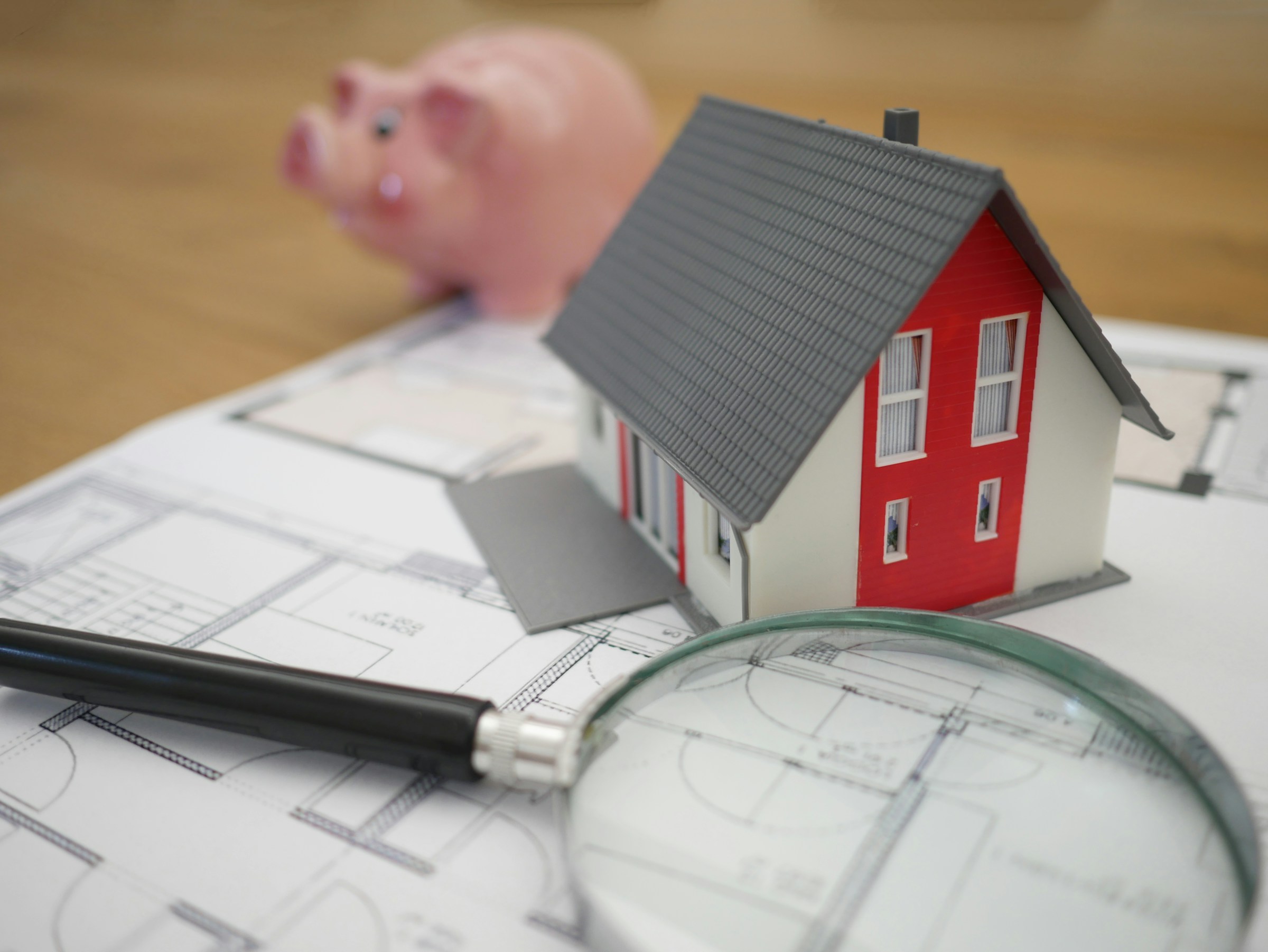As an expatriate returning to the UK, you might be contemplating the process of buying a property. The venture of investing in real estate is a significant financial commitment, one that requires a substantial understanding of the property market. From navigating the hurdles of mortgage approval as a returning expat to understanding the tax implications, this comprehensive guide aims to equip you with pertinent insights as you embark on this journey.
Getting your financial footing
In the beginning, it’s vital to gain an overview of your financial standing. As expats, your income might come from various overseas sources, and understanding how lenders view this can have significant implications on your mortgage prospects.
Dans le meme genre : How to manage a UK property investment from abroad effectively?
To start, investigate your credit score. Your credit history in the UK might be limited if you’ve lived abroad for a while. However, some lenders might consider your overseas credit history in their assessment. You must aim to maintain a healthy credit history, as this can significantly improve your mortgage offerings.
Subsequently, dive into understanding your income. If you receive income in a foreign currency, you could face additional challenges. Some lenders might consider your overseas income; however, they may use a lower exchange rate to calculate this, affecting your borrowing capacity.
Cela peut vous intéresser : How to assess the impact of local economic changes on UK property investments?
Understanding the Mortgage Market
The UK mortgage market can be quite complex for returning expats. Each lender has different criteria, and it can be challenging to find a mortgage that suits your needs.
To increase your chances of success, it’s recommended to work with a mortgage broker who specialises in expat mortgages. They can guide you through the intricacies of the market, helping you find lenders who are willing to offer mortgages to returning expats.
You should also be prepared for potentially higher interest rates. Since expats are often considered higher risk borrowers, lenders might charge higher rates. However, this is not set in stone and varies from lender to lender.
Considerations for Buying a Property
Before jumping into buying a property, you need to consider several factors. Primarily, you must decide whether the property will be for personal use or as an investment.
If you plan to live in the property, you need to consider the location, the proximity to amenities, and the style of the property. If you’re buying as an investment, you need to assess the rental yield, property tax implications, and market trends.
You also need to consider the cost of owning a property in the UK. Beyond the purchase price, you should account for stamp duty, property taxes, and ongoing costs like maintenance and insurance.
The Property Buying Process
Once you have your financial plan and have decided on the type of property you want to buy, it’s time to start the buying process.
First, engage a property agent to help you find suitable properties. Once you’ve found a property you’re interested in, you can make an offer. If your offer is accepted, you’ll need to hire a solicitor to manage the legal aspects of the purchase.
Next, you’ll need to arrange a property survey. This process will identify any issues with the property that might affect its value.
Once all these steps are complete, you can proceed to the exchange of contracts. At this point, the sale becomes legally binding.
After the Purchase: Wills, Taxes and More
After successfully purchasing your property, there are a few more steps to take. Firstly, consider making a will if you have not already done so. A will can help ensure that your property is distributed according to your wishes in the event of your death.
You should also familiarise yourself with the UK tax system. If you’re planning to rent out your property, you’ll need to pay income tax on your rental earnings. You may also have to pay capital gains tax when you sell the property.
Finally, don’t forget about ongoing costs. Make sure to budget for property taxes, insurance, and maintenance costs. By staying on top of these costs, you can ensure that your investment remains financially viable in the long term.
Remember, buying a property is a significant investment. As a returning expat, there are additional challenges to navigate. But with careful planning and understanding of the process, you can successfully purchase a property in the UK.
Utilising Estate Agents and Bridging Loan Options
When you’re ready to begin the hunt for your dream property, engaging with an estate agent could be beneficial. Consider choosing an agent who has experience dealing with expats, as they would be better equipped to understand your specific requirements.
An estate agent can provide you with invaluable insights into the local property market, guide you on the prevailing property trends, and help you evaluate different neighbourhoods. They can also assist you in negotiating the best price for your property and guide you through the legal complexities of property purchase in the UK.
Additionally, you may want to consider a bridging loan to buy your property. A bridging loan is a short-term loan option, designed to ‘bridge’ the gap between the sale of your current property and the purchase of a new one. As an expat returning to the UK, this could be particularly useful if you need to secure a property promptly, for instance, before selling off your overseas property or pending the approval of a standard mortgage.
However, it’s essential to remember that bridging loans usually come with higher interest rates and fees than standard mortgages. Hence, you should carefully consider your financial situation before opting for this.
Preparing for the Tax Year and Understanding Stamp Duty
Understanding the UK tax system is crucial when buying a property. The tax year in the UK runs from 6th April to 5th April the following year. As a property owner, you need to be aware of the various taxes you will be liable to pay.
One such tax is the stamp duty land tax, a tax on property purchases in England and Northern Ireland. The rates of stamp duty you pay depend on the price of your property and whether it’s your first property in the UK or an additional property. As an expat returning to the UK, you are likely to pay a higher rate of stamp duty if you still own a property abroad.
Additionally, if you plan on renting out your property, you’ll need to consider the tax implications on rental income. You will be liable to pay income tax on any profits you make from renting out your property.
Finally, you should also be aware of inheritance tax. This tax is levied on an individual’s estate upon their death, and it can affect how your property is passed on to your heirs. Therefore, it’s worth considering taking professional advice to understand these tax implications fully.
Conclusion
Returning to the UK as an expat and buying a property can be a complex process due to the unique challenges involved. Understanding your financial status, the mortgage market, property considerations, and the buying process is of utmost importance. Furthermore, you need to be aware of the role of estate agents, bridging loan options, and the implications of the tax year and stamp duty.
However, with careful planning and professional guidance, the process of buying a property can be a rewarding experience. Remember, maintaining a healthy credit score, working with specialised expat mortgage brokers, and enlisting the help of experienced estate agents can make your journey smoother. Welcome back to the UK, and happy house hunting!






